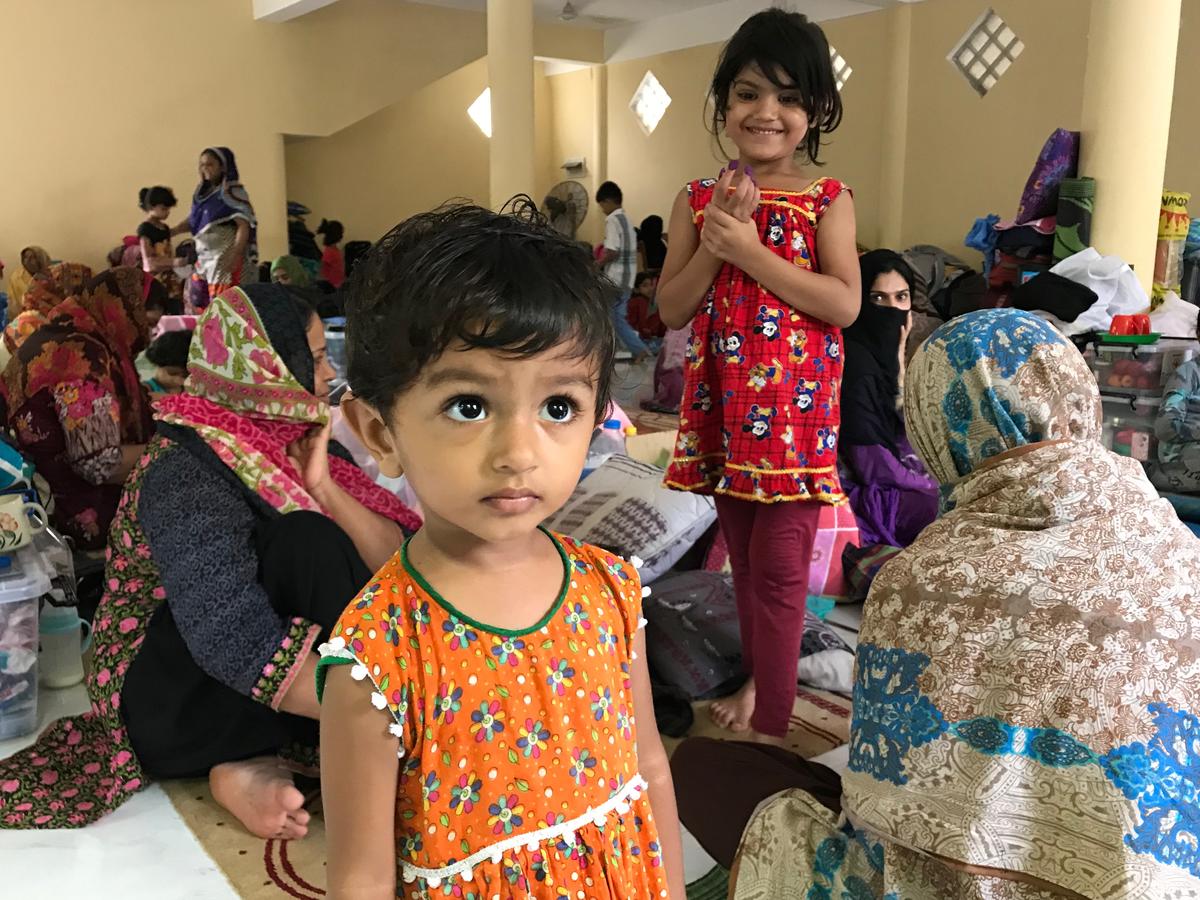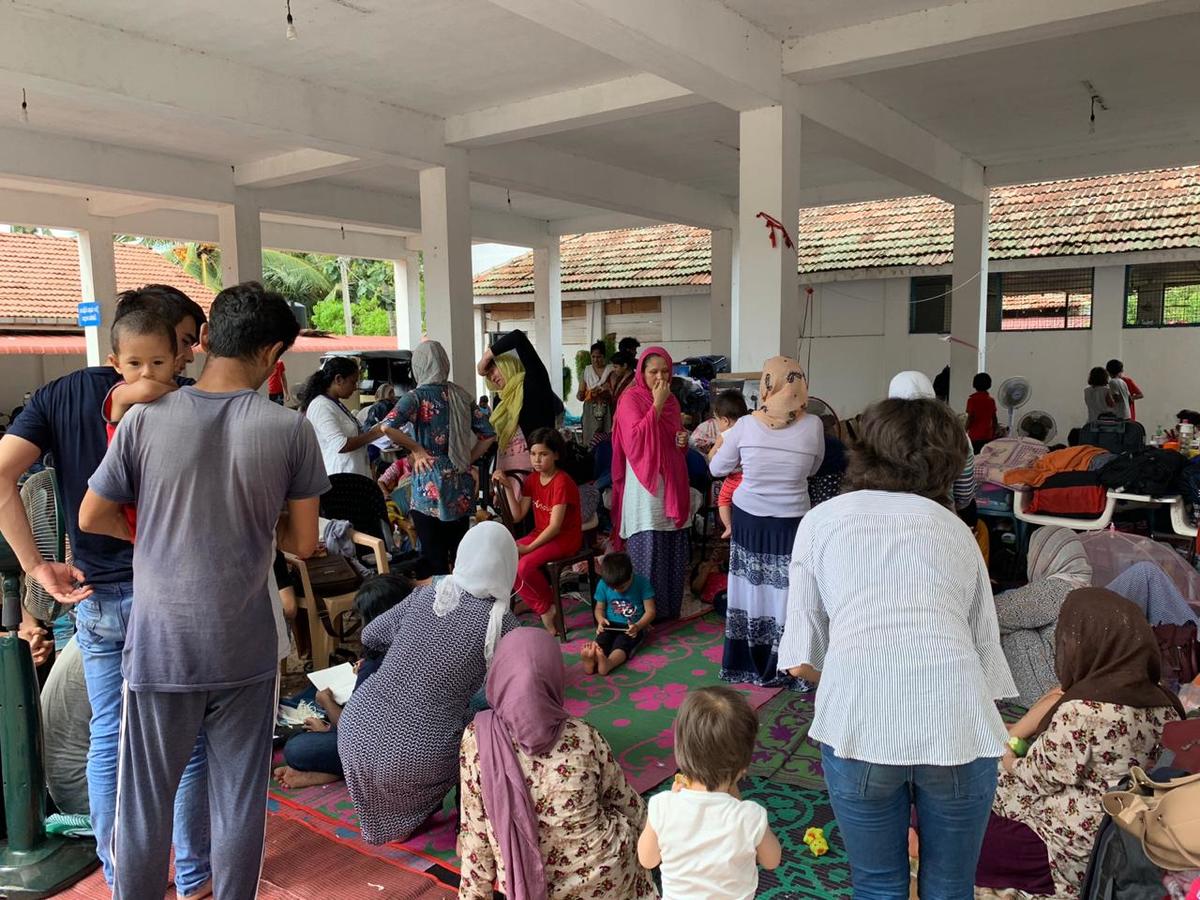UNHCR calls for renewed attention to plight of displaced Sri Lankans
UNHCR calls for renewed attention to plight of displaced Sri Lankans

COLOMBO, Sri Lanka, April 29 (UNHCR) - The UN refugee agency today called for renewed attention to the plight of hundreds of thousands of displaced Sri Lankans as the nation awaits the resumption of peace talks between Tamil rebels and the Colombo government.
Speaking to reporters at the close of a two-week visit, UNHCR Inspector General Dennis McNamara welcomed efforts by the government, UN and aid agencies that have helped more than 360,000 internally displaced people, or IDPs, return home since a cease-fire took effect between the Liberation Tamil Tigers of Eelam (LTTE) and the Sri Lankan government in February 2002.
Norway brokered the truce and is moving to revive peace talks that stalled in April over LTTE demands for greater autonomy in the nation wracked by a civil conflict that has claimed more than 65,000 lives since 1983.
McNamara, leading a team from the UNHCR headquarters in Geneva, reviewed operations in Sri Lanka and assistance programmes for one of the world's largest IDP populations.
"It is critical that the remaining internally displaced, who still number some 370,000 individuals, are able to achieve a long-term solution to their displacement, whether that solution means returning home, relocating elsewhere or integrating into the community in which they are displaced," he said.
"Among other things, this requires a renewed focus on removing obstacles to these solutions by, for instance, addressing the high level of destruction of housing, returning land and property to its rightful owners, accelerating clearance of landmines and unexploded ordnance and identifying a pragmatic solution for those whose homes are in high security zones. It also requires greater investment to ensure that conditions in return areas are conducive to a safe and dignified return - that families are able to earn a living, send their children to school, access health facilities and live in safety."
McNamara stressed the importance helping minority groups, such as displaced Muslims, to return home. "The treatment of minorities in such situations is often a litmus test of the real spirit of peace, reconciliation and stable society," he said.
In 1991, the UN Secretary-General requested UNHCR to coordinate multi-agency assistance for the IDPs, raising $100 million from the international community to fund the effort. There are also some 140,000 Sri Lankan refugees, including over 60,000 in camps in southern India.
McNamara's team visited Puttalam, Mannar, Vavuniya, Trincomalee, Batticaloa, Kilinochchi and Jaffna. The team held wide-ranging discussions with various sectors on how UNHCR can most effectively contribute to ensuring respect for the rights of the displaced, and promoting a viable future for them.




